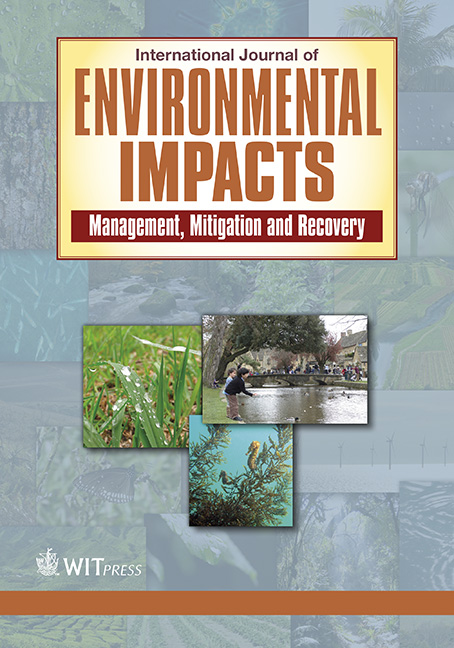Thermal behaviour of green façades in winter climatic conditions
Price
Free (open access)
Volume
Volume 5 (2022), Issue 1
Pages
12
Page Range
38 - 50
Paper DOI
10.2495/EI-V5-N1-38-50
Copyright
WIT Press
Author(s)
Fabiana Convertino, Ileana Blanco, Giuliano Vox & Evelia Schettini
Abstract
Green infrastructures inside cities represent an effective strategy to face with the increasingly urgent environmental problems. Green systems applied to building envelope are among the most applicable and useful solutions. These provide many significant advantages at different scales. Green façades (GF) are a typology of vertical green systems, applied to the vertical components of the building envelope. GF allow to save energy for air conditioning, by improving the envelope thermal performances. Energy behaviour of GF has been more deeply studied in warm periods, than in cold ones. This paper aims to analyse wintertime energy performances of GF. Evaluations were carried out based on the experimental data collected on two GF, in Bari (Italy), under mediterranean climatic conditions. The experimental set-up included also a bare wall (BW), used as control. The heating effect provided by the greenery was pointed out through statistical and energy analyses. At night-time, the covered walls (CW) were warmer than the bare one up to 3.5°c. The dependence of night-time heating effect on microclimate parameters, as external air temperature, relative humidity and wind speed, was studied. External air temperature was found to be the most influencing factor: as it dropped, the heating effect increased. Overall energy transfer through the CW was lower than through the BW at night-time. The long-wave infrared energy radiative losses were reduced thanks to the green layer, which acted as a thermal barrier. These findings proved that GF improve winter night-time thermal performance by reducing energy losses.
Keywords
energy saving, energy transfer, green infrastructure, heating effect, thermal barrier, vertical greening.




